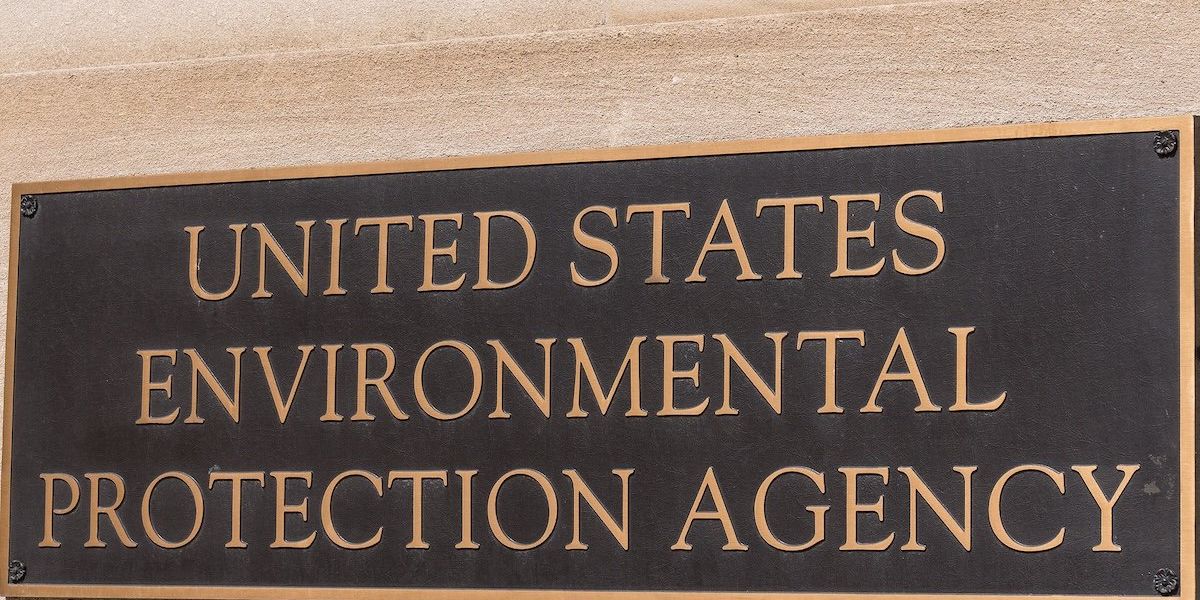electric vehicle
Toxic chemicals in EV battery production raise health concerns
As the demand for electric vehicle batteries grows, communities near production sites worry about toxic chemical exposure and health risks.
In short:
- EV batteries use PVDF, a polymer made by companies previously linked to dangerous chemical emissions.
- Residents near these plants, such as in New Jersey and Georgia, report health issues and ongoing legal battles over contamination.
- Experts warn that new manufacturing methods may still produce harmful byproducts, posing ongoing risks.
Key quote:
"For 45 years we’ve lived in it, bathed in it, cooked with it, drank it.’"
— Richard Bond, local citizen who lives downriver of Solvay Specialty Polymers
Why this matters:
While the transition to EVs is celebrated for its promise of reducing carbon emissions and combating climate change, the environmental and health impacts of battery production are raising alarms.
Pilot project for wireless EV charging launched on Indiana highway
Indiana has launched a pioneering pilot project on U.S. Highway 52, testing wireless electric vehicle charging technology aimed at reducing range anxiety and supporting long-haul truck electrification.
In short:
- Indiana is testing a new wireless charging technology on U.S. Highway 52, designed to power electric vehicles as they drive.
- The project involves a partnership with Purdue University and Cummins Inc., aiming to make EVs more accessible and cost-effective.
- Although the technology is still in the pilot phase, it has the potential to reduce range anxiety and lower battery costs.
Key quote:
"Wouldn't it really be something if we could just drive over the road and catch your charge for your vehicle as you drive across it?"
— Blake Dollier, public relations director, INDOT
Why this matters:
The significance of EV-charging roads lies in their potential to address two critical challenges in the transition to a low-carbon transportation system. They offer a solution to range anxiety, a common concern among consumers considering the switch to electric vehicles. By enabling continuous charging while on the road, these technologies alleviate fears of running out of power during long journeys, thus encouraging greater adoption of electric vehicles.
How the humble stink bug helped Australia miss a major EV milestone
Just as thousands of motorists were expecting a Christmas car delivery, the cargo ship holding them off the coast of Brisbane turned around and returned to China. The reason? The discovery of yellow-spotted stink bugs.
The (pretty short) list of EVs that qualify for a $7,500 tax credit in 2024
Andrew Nikiforuk: Poof goes the electric car dream
If governments were truly serious about reducing emissions, they would celebrate walking and subsidize bicycles instead of $70,000 vehicles for the rich.
Electric vehicle charging legislation is urgent in Wisconsin, with federal funds at stake
Wisconsin will lose out on millions of federal dollars for electric vehicle charging infrastructure if the state does not pass legislation to allow stores or other owners of EV chargers to bill drivers for the amount of electricity they get when they plug in.
How Big Oil’s wastewater could fuel the EV revolution
Since oil and gas drilling began nearly 150 years ago, the salty wastewater it produces has been a nuisance for operators. Now, the electric vehicle revolution could turn the industry’s billions of barrels of brine into dollars.



















